What qualifications or education do I need to become a real estate developer in Dubai?
There are no specific qualifications required, but a background in real estate, finance, or construction can be beneficial. Knowledge of Dubai's real estate market and regulations is essential.
How do I start a real estate development company in Dubai?
To start a real estate development company in Dubai, you need to follow the necessary legal procedures, including registering your business, obtaining necessary licenses, and complying with the regulations set by the Dubai Economic Department and relevant authorities.
What are the legal requirements and regulations for real estate development in Dubai?
Real estate development in Dubai is regulated by various laws and authorities, such as the Dubai Land Department, Dubai Development Authority, and Real Estate Regulatory Agency (RERA). Compliance with zoning regulations, obtaining necessary permits, and adhering to construction standards are important aspects.
How much capital do I need to start a real estate development project in Dubai?
The capital requirement varies depending on the scale and nature of the project. It is important to conduct a thorough feasibility study to determine the financial requirements, including land acquisition, construction costs, permits, marketing expenses, and contingency funds.
What are the steps involved in the real estate development process in Dubai?
The real estate development process in Dubai typically includes identifying opportunities, conducting market research, feasibility analysis, land acquisition, obtaining necessary approvals, design and planning, construction, marketing, sales, and project management.
How can I find suitable land or properties for development in Dubai?
Suitable land or properties for development in Dubai can be found through various channels, including contacting real estate brokers, engaging with developers, exploring government-owned land options, attending property exhibitions, and utilizing online property portals.
Suitable land or properties for development in Dubai can be found through various channels, including contacting real estate brokers, engaging with developers, exploring government-owned land options, attending property exhibitions, and utilizing online property portals.
Factors to consider include location, market demand, competition, infrastructure development, feasibility analysis, potential returns on investment, legal and regulatory aspects, and the target market segment.
How do I secure financing for my real estate development project in Dubai?
Financing options include self-funding, bank loans, partnerships or joint ventures, private equity, and off-plan sales. A comprehensive business plan, financial projections, and collateral may be required to secure financing.
Are there any government incentives or programs available for real estate developers in Dubai?
Yes, the government of Dubai offers various incentives and programs to promote real estate development, including tax exemptions, fee waivers, favorable land allocation, and support for sustainable and affordable housing initiatives.
What are the potential risks and challenges in real estate development in Dubai?
Risks and challenges may include market fluctuations, changing regulations, economic uncertainties, construction delays, cost overruns, competition, and unforeseen events such as natural disasters.
How long does it typically take to complete a real estate development project in Dubai?
The duration varies depending on the size, complexity, and approvals required for the project. It can range from a few months for smaller projects to several years for large-scale developments.
What professionals or consultants do I need to hire for my real estate development project in Dubai?
Depending on the project requirements, you may need to hire professionals such as architects, engineers, contractors, project managers, legal advisors, sales and marketing experts, and property consultants.
How can I market and sell my real estate development projects in Dubai?
Marketing and sales strategies can include online and offline advertising, partnerships with real estate agencies, participation in property exhibitions, creating a strong online presence, and showcasing project highlights and features.
What are the key factors influencing the profitability of real estate development in Dubai?
Factors include location, market demand, project concept and design, construction quality, pricing strategy, marketing effectiveness, cost management, and timely project delivery.
Are there any specific sustainability or green building requirements for real estate development in Dubai?
Yes, Dubai has implemented several initiatives and regulations promoting sustainability and green building practices, including the Dubai Green Building Regulations and the LEED (Leadership in Energy and Environmental Design) certification system.
How can I stay updated on the latest market trends and regulations in the real estate industry in Dubai?
Staying informed can be done through regular research, following industry publications, attending conferences and seminars, networking with professionals, and monitoring updates from government authorities such as RERA and the Dubai Land Department.
What are the options for joint ventures or partnerships in real estate development in Dubai?
Joint ventures or partnerships can be formed with local or international developers, investors, or government entities. These collaborations can provide access to expertise, funding, market knowledge, and shared resources.
Can I develop both residential and commercial properties as a real estate developer in Dubai?
Yes, real estate developers in Dubai have the opportunity to develop both residential and commercial properties, depending on market demand and project viability.
What are the expected returns on investment for real estate development projects in Dubai?
Expected returns vary depending on several factors, including the project type, location, market conditions, quality of development, and the overall economic situation. Conducting thorough market research and financial analysis is crucial to determine potential returns.
How can I establish a strong reputation as a real estate developer in Dubai?
Building a strong reputation involves delivering high-quality projects, meeting timelines, providing excellent customer service, maintaining transparency, adhering to legal and ethical standards, and engaging in effective marketing and communication strategies.
Disclaimer: These FAQs are meant to serve merely as guidance and therefore have no legal merit. They are subject to amendments as per the guidelines issued to the prevailing laws and regulations pertaining to real estate laws in Dubai.
